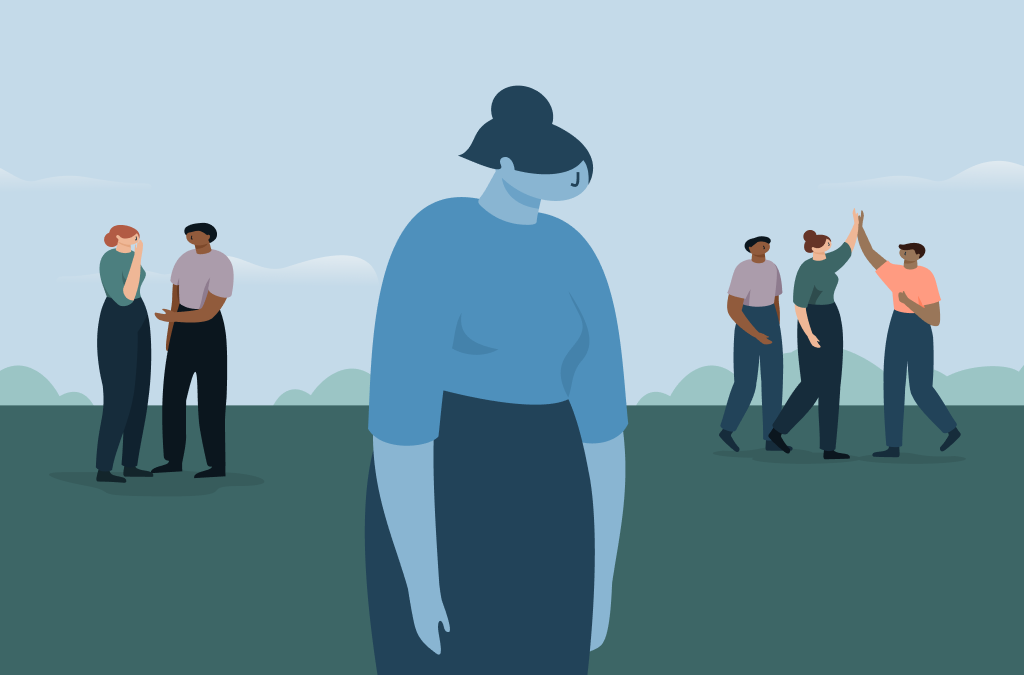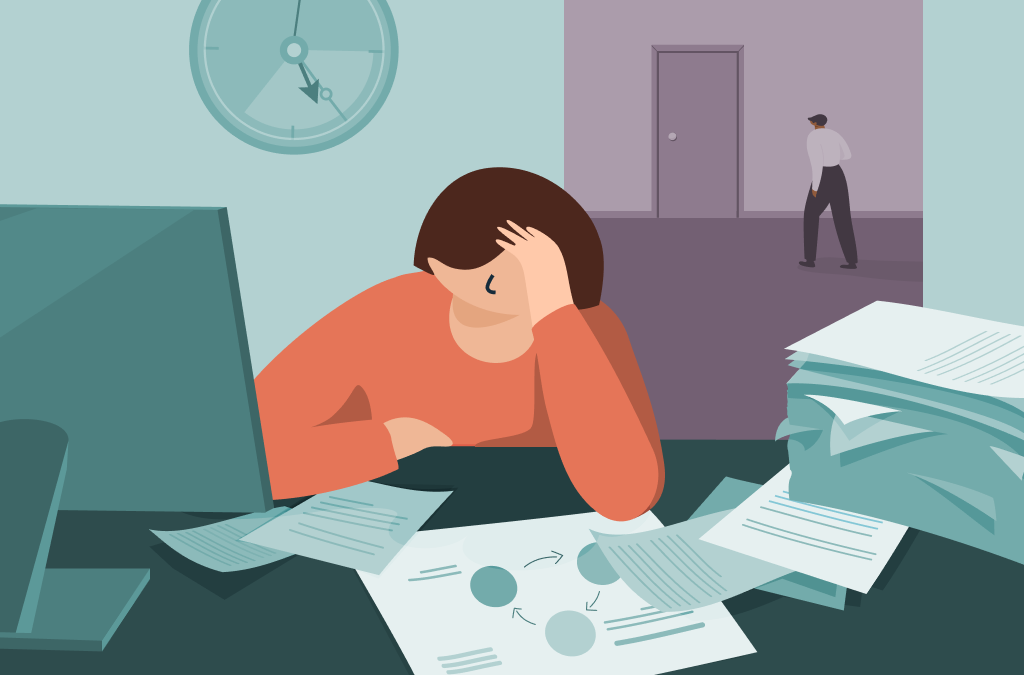Insight
On Grieving and Saying Goodbye
Whether it is the gradual end of a friendship, the sudden breakup of a partnership, the death of a loved one, the farewell to a place or life situation, or the realization that a wish or hope will never become reality . . .

Losses, separations, and goodbyes, though each unique, all share one thing—they are painful. They bring sadness. Sometimes they come with other feelings such as fear, confusion, anger, despair, or guilt.
And they are all a part of life. This article will provide a bit of context for these sadnesses and suggest some ways to help cope.
Why Grief?
Feeling sad after a breakup or other loss is absolutely normal and expected. Grieving in such circumstances, then, is a healthy response of the psyche. But why? Does grief have a purpose and, if so, what is it?
In short, grief helps you take in the reality of what’s happened and feel the loss or disappointment. And though difficult, this is a really important part of healing. Rather than pushing aside or repressing life’s hard moments, grief helps you realize that someone is no longer there, something is not coming back, a wish or hope will not be fulfilled. And only after you’ve experienced these feelings for a time can you begin to let go and move on. This can take quite some time, though, and can’t be rushed. And the energy-sapping grieving period can feel endless as you move through the painful feelings.
Because grief hurts so much, it makes sense that most people would prefer not to feel it at all. And unfortunately some societal messages also deter the grieving process. When grieving, you’re likely to hear some sort of advice that includes “pulling yourself together” or “putting on a brave face.” These encourage repression and can make the person grieving feel like they’re not allowed to see the process through. Yet, to try rushing your emotions is often exhausting and doesn’t work in the end. Suppressed sadness finds a way to eventually make its way to the surface.
What Helps?
The most important part of the grieving process is to give sadness some space. Recognize that it’s here and accept it for what it is: a helpful feeling. Of course, this is much easier said than done. It’s really common to be fearful that painful feelings, if allowed to be fully felt, will be too much. That they will be overwhelming. Yet suppressed, underlying grief is actually more exhausting to your body and psychological well-being than lived grief. And suppression prolongs the process.
So, how to make room for grief?
One way is to talk about your feelings with others, whether it’s close friends or family members or members of a support group who have gone through a similar experience. Go with your gut when considering who to confide in.
Another helpful approach to grieving might be a goodbye ritual of sorts. After a breakup, for example, you might write a letter to your former partner (whether or not you send it). Consider what didn’t work for you in the relationship, what you blame your former partner for, what you regret, what you’re grateful for, what you’ll miss. In other words, fully explore the situation and your feelings and get it all down in writing to help you process and deal with what you’re experiencing.
Getting in some quiet time to be still can allow feelings to surface and, at the right moment, move through so that you can let go. Mindfulness is one such way to do this. If you’re new to meditation, you might want to start with guided mindfulness exercises that explore what’s happening in the mind and body in the present moment. With practice, you might find that practicing mindfulness on your own is also helpful. In difficult moments, it can sometimes be hard to even recognize what feelings are there. Mindfulness allows the space for you to explore and can help you see ways to let go of painful feelings when the time is right.
How Long to Grieve?
Ah, the forever question, or so it seems when you’re grieving. How long will I have to hurt? And you likely know the answer already—this is an individual experience that could take weeks, months, or even years depending on the situation and what you do to grieve. It would be so nice, wouldn’t it?, if someone could tell you exactly when the pain will stop. But there is no universal time line for grief. But one thing is for sure: Over time the pain will begin to diminish and will become less all-encompassing. And it may eventually lead you to comforting memories and a sense of gratitude for all you experienced.
If your grief, though, is really intense to the point of distraction over a long period of time or you ever feel like it’s too much for you to bear, talking to a therapist or other mental health practitioner can be really helpful.

Psychological Needs in the Workplace: How to Meet Them
Deadlines, conflicts, pressure to perform—many people grapple with stressors at work. The extent to which these weigh on someone depends in large part on whether psychological needs are being met at work.

High-Functioning Depression: The Hidden Suffering
When people think of depression, usually intense sadness, low energy, social withdrawal, difficulty getting out of bed, and managing daily life come to mind. But this is not always the case.

Obsessive-Compulsive Disorder: When Thoughts and Actions Become Torture
In this article, we explore what characterizes such thoughts and behaviors as well as how they can be treated.

Bullied at Work—Here’s What You Can Do!
In this article, we look at the nature of workplace bullying, its causes and consequences, and what you can do if you are being bullied at work.



